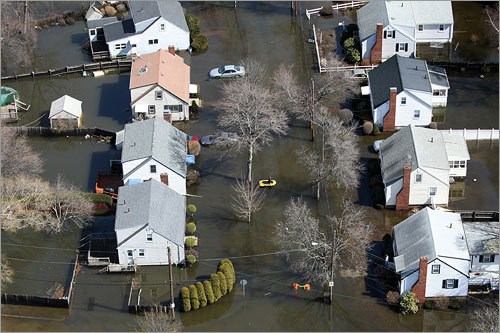By Angelica Coleman
Staff Writer
The influence technology has on our society should be neither overlooked nor underestimated. Some people argue that, one day, we will be overly dependent on our technological devices. Some claim we have already reached this tipping point.

The British series, “Black Mirror”, seeks to persuade its viewers that the future is now- and it’s worse than we had ever imagined.
Netflix released the highly anticipated third season of Charlie Brooker’s sci-fi thriller anthology, “Black Mirror”, on Oct. 21. The release was preceded by an impressive ad campaign that capitalized on the theme of technology, with artful usage of social media platforms including Twitter and Facebook.
While promoting the series, Netflix even went so far as to specifically target users of ad-block software with, “special messages,” that read, “You cannot see the ad. But the ad can see you,” Mashable reported.
“Black Mirror” excels at cleverness, not only in advertising, but also in the structure of the episodes themselves. There is a “Twilight Zone”-esque wonder to the series; it is captivating simply by the nature of the themes it explores. Each episode stands alone, telling the story of different characters in different realities while capitalizing on various themes surrounding technology.
While the episodes may differ entirely in content, each chapter leaves the viewer with a chilling revelation about society, “set in a world only minutes from our own.” (Hitfix).

“Black Mirror” aired for the first time on the British television network Channel 4 in 2011. Netflix picked up the series in September 2015 and renewed it for a total of 12 new episodes. The third season consists of the first six episodes produced by Netflix.
The quality of the series has improved with its increase in budget and scope. While the first two seasons exhibit clever original storylines, the production value is a little rough.
However, the latest six episodes carry the same unique style and are far more pristine in appearance.
All six of the episodes in this latest season are extremely well crafted; tackling provocative topics such as web-camera privacy and brain-implant controlled military training with a simultaneous gravity and wittiness that is virtually unprecedented.
It would be challenging to name another show that has even come close to making the type of foreboding contemporary commentary made by Black Mirror.
The two standouts of the season are the first and last episodes. The former, “Nosedive,” explores a reality in which social media rating and, “likes,” essentially determine an individual’s success in society by offering a myriad of privileges to those who rank well.
This episode artfully portrays the suffocating nature of fake kindness for the purpose of self-promotion with a pastel color palette and perpetual sickening smiles on the faces of the actors.
The last episode, entitled, “Hated in the Nation,” leaves the viewer with a grave message that may seem elementary, but is so often forgotten in a society that offers anonymity online. It follows the murder case of a disgraced journalist, and reminds us that our words, even when spoken online, have consequences: real ones.
“Black Mirror” does an impressive job of never explaining the plot; rather, developments are revealed dramatically throughout the episode. This is a highly effective technique for keeping viewers on the edge of their seats, begging for more.
This series is highly recommended for anyone who loves a show that keeps them thinking long after the initial viewing. You could watch a show that won’t keep you up at night, but hey, where’s the fun in that?


















